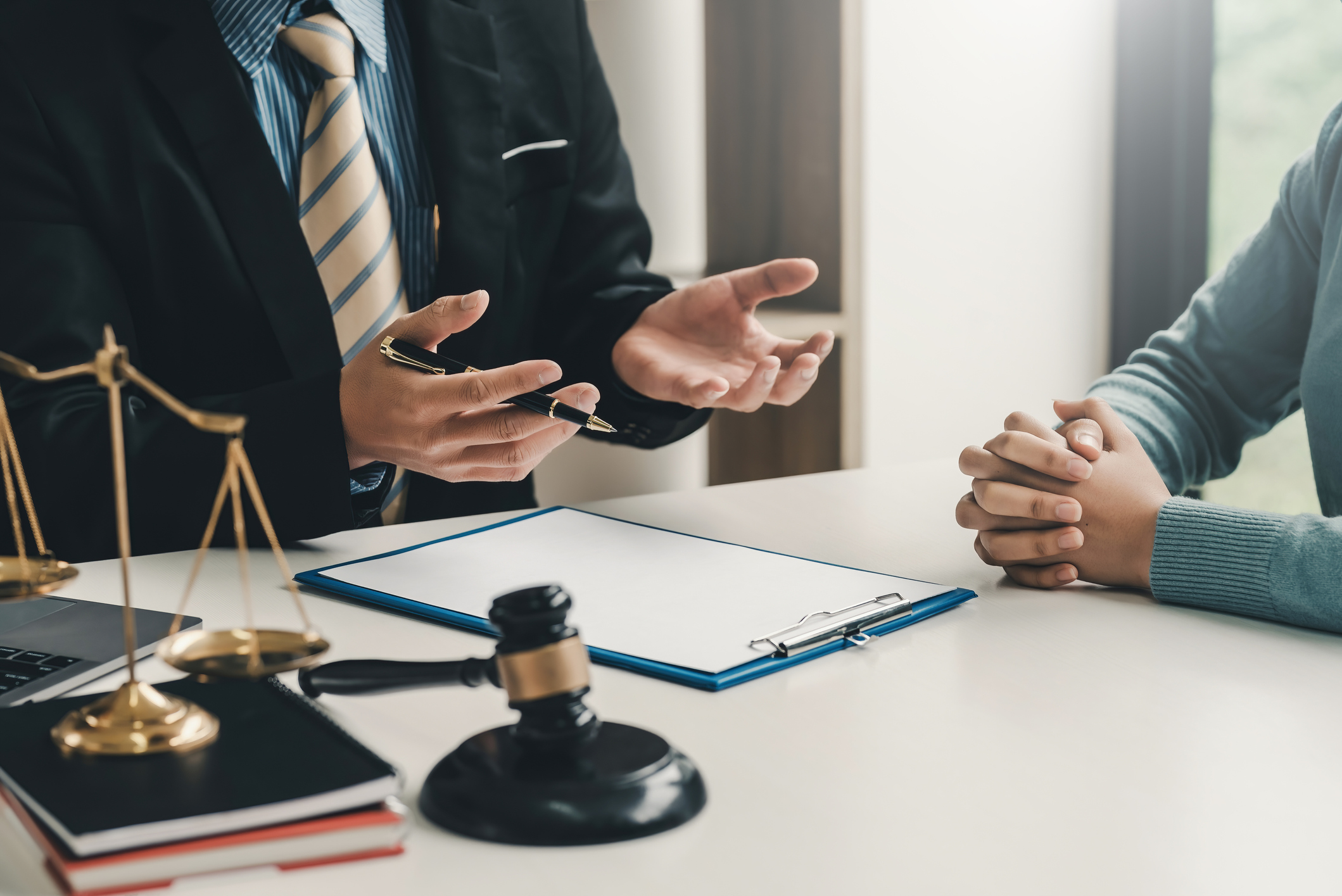
During times of instability, the idea of declaring bankruptcy might appear as a beacon of hope, providing an opportunity for a fresh start and financial renewal. However, opting to navigate the paths of bankruptcy without the assistance of counsel can be quite risky and full of potential dangers. Although the notion of saving money on attorney fees may seem enticing, the negative outcomes and difficulties that can arise from proceeding without guidance often surpass any perceived advantages of proceeding without legal counsel.
Navigating Legal Complexities:
Filing for bankruptcy can be quite complex, involving a maze of processes, paperwork, and court hearings. It’s crucial to have an experienced attorney by your side to avoid any mistakes or missed steps. Bankruptcy attorneys possess expertise in bankruptcy law, guaranteeing that all required documents are meticulously prepared and submitted on time according to court regulations.
Understanding Your Options:
Bankruptcy is not a one size fits all answer. There is a plethora of different kinds of bankruptcy, each with its own unique set of requirements and consequences. An experienced lawyer can evaluate your status, help you decide on the appropriate bankruptcy chapter for you, be it Chapter 7, Chapter 13, or another option, and even explore alternatives that may better match your situation.
Protection Against Mistakes:
One of the gravest risks of DIY bankruptcy is making mistakes that can have lasting repercussions. Errors in paperwork or misinterpretation of legal requirements could result in case dismissal, loss of assets, or prolonged financial strain. Attorneys serve as safeguards against these pitfalls, minimizing the chances of costly errors.
Asset Protection:
Filing for bankruptcy without legal counsel may put your assets at risk. Attorneys understand how to utilize exemptions and safeguards provided by the law to protect your property. They can advise on asset protection strategies and prevent unnecessary liquidation of assets.
Dealing with Creditors and Negotiations:
Dealing with creditors can be quite intimidating as they often resort to aggressive methods in collecting debts. However, you don’t have to face this challenge alone. Bankruptcy attorneys act as intermediaries, managing all communications and negotiations with creditors on your behalf. With their expertise, bankruptcy attorneys can achieve better outcomes with your case and even help reduce your debt burden.
Court Representation:
Bankruptcy proceedings requires court appearances and hearings. Having legal representation ensures that you have someone advocating for your best interests in court, presenting your case professionally and competently for you.
Long-Term Financial Consequences:
Filing for bankruptcy can have long lasting effects, which can affect your credit score and ability to borrow in the future. Seeking advice from a lawyer can give you an understanding of the outcomes of bankruptcy, allowing you to make an informed choice and receive guidance as you navigate the process of rebuilding your financial standing and credit after bankruptcy.
In summary, although it may be tempting to save money by avoiding the expense of hiring a lawyer, there are many risks involved in navigating the process of bankruptcy on your own. Opting for a bankruptcy attorney is an investment in protecting your future, and hiring a bankruptcy attorney ensures that you have the probability of achieving an outcome while minimizing any potential mistakes or pitfalls that may arise throughout the process. Before making the decision to file for bankruptcy, it is wise to seek legal advice so you can make well informed choices that align with your long-term financial aspirations.


Get a Free Bankruptcy Case Evaluation